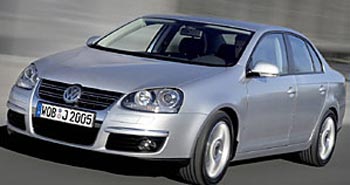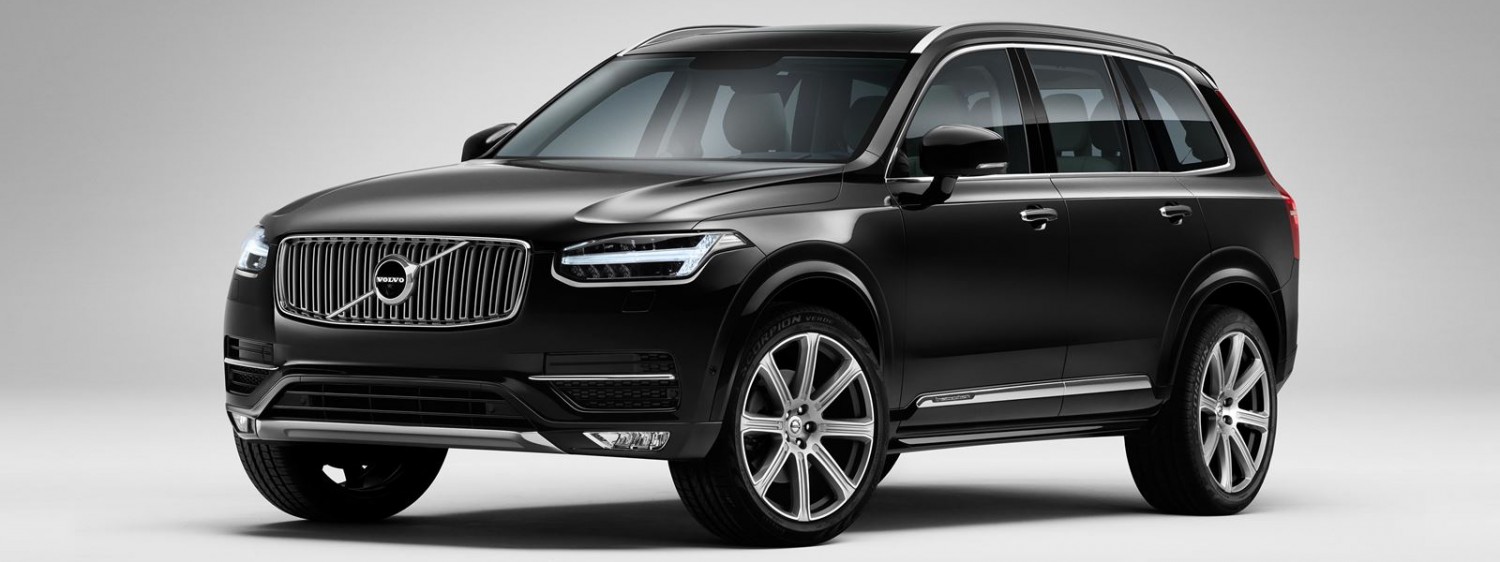 Diesels are becoming dream cars for a growing number of Australians. They promise better economy, lower running costs and a much longer run between stops at the pumps. But diesel sales are still only a tiny fraction of the showroom action in Australia. Most of the mainstream brands, with the exception of GM Holden with its Astra, have not jumped on the bandwagon. Yet.
Diesels are becoming dream cars for a growing number of Australians. They promise better economy, lower running costs and a much longer run between stops at the pumps. But diesel sales are still only a tiny fraction of the showroom action in Australia. Most of the mainstream brands, with the exception of GM Holden with its Astra, have not jumped on the bandwagon. Yet.
Honda does not have its diesels in Australia, and the other Japanese companies are still running only predictable stuff in the four-wheel-drive and workhorse classes, which means most of the action is coming from Europe.
Those cars are doing well, and anyone who has been reading the CARSguide in the past year would have noticed the glowing reviews of the new breed of diesels.
The new self-igniters have been praised for their performance as well as the economy that is taken for granted with diesel engines, but are they really as good as the reviews say, or are they just a passing fad?
The drive reports on the new-age diesels — including Peugeots, Audis, BMWs and Benzes — are usually done on their own, comparing them only against other cars that have been through the CARSguide test garage, without lining them up against direct petrol-powered competitors from the same company.
So this is the time. And the place.
 We wanted a realistic assessment of this new breed of diesels and decided to compare the latest Volkswagen Jetta using one car with a 2.0-litre TDI turbo-diesel engine to a similar vehicle with a 2.0-litre FSI turbo-petrol engine.
Unfortunately, we couldn’t source cars that were exactly the same apart from the engines, so we made one or two compromises.
We’d prefer the same transmission in each car, but it simply isn’t possible. So the diesel Jetta has a six-speed manual gearbox; the FSI is available with the six-speed DSG transmission only. And the non-turbo FSI engine would have been our first choice.
Despite those little niggles, we still believe the comparison stands up.
Diesels have been popular in Europe — where diesel fuel is generally cheaper than petrol — for some time, and some governments provide tax incentives to drive them.
Against that background, carmakers have offered diesel engines across their model ranges, from the smallest to the largest.
Here, the picture is a little different. Diesels have been available only in passenger car models from European makes that are marketed as prestige brands with premium prices that put diesels beyond the reach of many cost-conscious motorists.
Add to that the price of diesel fuel here, which has often been a few cents a litre more expensive than regular unleaded, and it has been hard to mount a case for the diesel engine.
In the Jetta the TDI diesel model costs $35,490, $2500 more than the non-turbo FSI petrol model, but $4500 less than the FSI Turbo DSG.
That means the diesel buyer has to recoup $2500 in fuel consumption savings before they break even with the non-turbo FSI model.
Of course, they have a healthy head start when compared to the FSI Turbo.
Recovering the cost was made easier at the time of the test when the price of diesel was about the same as regular unleaded — about $1.39 a litre, or just a cent or two more expensive, depending on which servo you bought the fuel from.
The fuel price picture was even brighter for the diesel because the FSI petrol Jettas use premium unleaded, which at the time was seven cents a litre more expensive than diesel at $1.46 a litre.

Our assessment is made over 400km of mixed driving, which takes in some city traffic, some freeway running and some secondary roads in the country that were speed limited to 80 km/h.
Though we don’t set out to get the best fuel consumption, we stuck to the speed limit and drive with safety in mind.
It is no surprise then that the diesel is the better in terms of fuel consumption over our drive, but that it did so well, returning 4.5 litres/100km average, is a pleasant surprise.
The FSI Turbo also proves a surprise in returning 6.7 litres/100km.
Each car is a revelation, but the diesel comes out on top when it uses 33 per cent cent less fuel. The results line up in a similar relationship to the official factory figures issued by VW, which claims the FSI Turbo is 2 per cent more economical than the non-turbo FSI engine.
Using our figures, and making a 2 per cent negative adjustment to the FSI Turbo figure, we calculate fuel consumption at 6.8 litres/100km for a non-turbo Jetta.
Thus the $2500 price premium of the diesel would be recouped in 7000km. That’s about six months of average driving. After that you’re laughing all the way to the bank.
Though that’s impressive it’s not unexpected, because diesels have a reputation for being fuel misers.
What they’re not renowned for is smoothness or performance. In fact they’ve generally been regarded as being rough-running and slow compared to their petrol cousins.
They’re the compromises diesel buyers have had to accept in the past, but reviews of recent models would have you believe they’re not such a compromise.
Using the sporty FSI Turbo for our comparison put the TDI to the toughest test of performance.
The FSI Turbo boasts a very flat torque curve with 280Nm on tap between 1800 and 5000 revs; the TDI delivers 320Nm between 1750 and 2500 revs before tailing off, but it still has as much as the FSI Turbo at 3200 revs.
The non-turbo FSI has a peakier torque curve with 200Nm between 3000 and 5000 revs.
The diesel has mountains of torque, but needs to be driven in a much narrower rev range to take full advantage of it. Drive the diesel with that in mind and the performance is almost equal to that of the regular FSI petrol engine, the diesel needing 9.7 seconds for the 0-100km/h sprint, the FSI petrol 9.2 seconds. The FSI Turbo DSG is a clear performance winner with a sprint of 7.2 seconds.
It’s a little slower that the rest, but the diesel’s flexibility comes into its own on the mid-range overtaking sprint from 80-120 km/h when it takes 8.5 seconds, compared to 9.5 seconds for an FSI manual.
In terms of refinement the TDI is a little noisier and little less smooth than the FSI Turbo, but it is still quite acceptable and certainly not enough to reject it out of hand.
At the end of our head-to-head comparison the TDI comes out a clear winner over its closest petrol cousin with superior fuel consumption and better mid-range performance and flexibility, only losing our marginally in refinement.
If performance is your prime consideration the FSI Turbo is the car to own, but it comes at the cost of a higher purchase price and a higher fuel price.
INSIDE VIEW
Volkswagon Jetta TDI
ENGINE 2.0-litre four-cylinder turbo-diesel
POWER 103kW at 4000 revs
TORQUE 320Nm at 1750-2500 revs
TRANSMISSION Six-speed manual
DRIVE Front-wheel drive
PRICE From $35,490
VOLKSWAGEN JETTA TURBO FSI
ENGINE 2.0-litre four-cylinder turbo-petrol
POWER 147kW at 5100-6000 revs
TORQUE 280Nm at 1800-5000 revs
TRANSMISSION Six-speed DSG semi-automatic
DRIVE Front-wheel drive
PRICE From $39,990Â [Herald-Sun]
